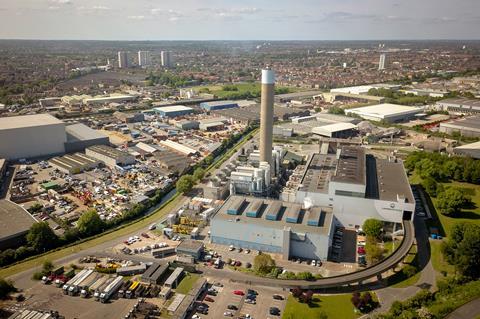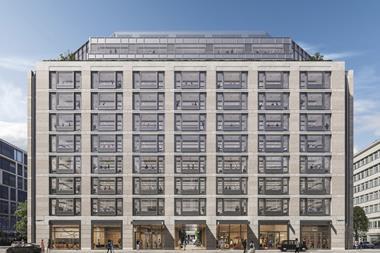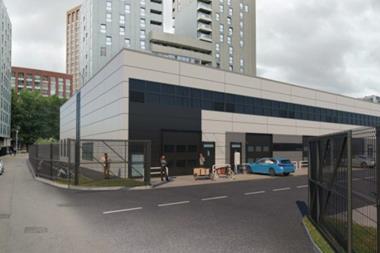My crash course in commercial property, when I joined the industry in 2002, taught me that there were three principal types: office, retail and industrial.

Most of the next decade or so was taken up with advocacy on behalf of shops, offices and mixed-use-type regeneration schemes in which industrial figured not at all, followed by a focus on ‘sheds’, and usually pretty big ones at that.
All of which has led to our neglecting ‘real’ industrial – where a range of processes are carried out either to make things or manage the waste products of other industries.
I don’t believe anyone would question the importance of having the space for these activities but in London in particular, industrial land is under significant pressure. Other uses, specifically housing, are leading to extensive loss of industrial land and what is left is becoming more expensive as it is swallowed up for large logistics developments to satisfy the demands of our digital economy.
In London in particular, industrial land is under significant pressure
At the Centre for London, we are deeply concerned by this trend, which is why we have set up a commission to look at the future of industrial land in the capital. We have just published our interim findings and hope this will start a serious debate around why industrial land matters and what we need to do to ensure there is enough of it and in the right place.
So, why is industrial land important? The first thing to note is that the term ‘industrial’ covers a huge array of different types of land use, from small maker space – producing anything from sushi or tea trays to sophisticated jewellery – to large refineries such as
Tate & Lyle’s facility in east London, to highly necessary waste recycling centres and utilities, and of course to the logistics and data centres that facilitate wider business and consumer activities.
These activities not only provide jobs but are also a vital part of the day-to-day functioning of a successful city. They also contribute to London’s role as a centre for innovation, creativity and economic success.

London is, of course, struggling to provide homes for its population and many have argued that industrial land is better used for that purpose – and the extension of permitted development rights will only add to that pressure. But that ignores the need for the people living in those homes to be able to be employed within a reasonable distance from where they live.
It also ignores the need for the services to support those homes, from the construction phase through to habitation, maintenance and supply of essential services. Yes, some of those activities could be moved outside the M25, but that adds to transportation requirements and the resulting pollution and congestion is not going to make London a more sustainable city.
Future jeopardy
Our commission has not yet reached firm conclusions as to how we should manage the ongoing need for industrial land, but we do believe that if it continues to disappear at the current rate then London’s future economic success could be jeopardised.
We suggest that there needs to be a far better understanding of the role and importance of industrial land – perhaps this land use needs a PR agent! We also believe we need a more granular approach to how it is classified, based on criticality and also neighbourliness, so as to facilitate new, genuine mixed-use developments.
We would like to see greater emphasis on the more effective use of current industrial land through intensification, replacing inefficient old single-storey premises with higher-quality multistorey developments, although we recognise that this is expensive and may need additional financial support. We are also considering what sort of additional planning powers may be needed to protect industrial land at both the GLA and individual borough levels.
I doubt very much that one relatively short commission will come up with all the answers to London’s industrial land dilemma, but if we can at least get the debate going and raise the profile of industrial land, we will have served a useful purpose.
Our subject matter may not be quite as sexy as tall, glitzy office buildings, but making sure we have the land for the production and processing capacity that a thriving city needs is just as – if not more – vital.
Liz Peace is chair of a number of real estate organisations, including Real Estate Balance
































No comments yet